Hope, Justice and Martin Luther King Jr.
Martin Luther King Jr. stands as an icon of the Civil Rights Movement in the United States, revered for his tireless advocacy for equality, justice, and nonviolent resistance. His leadership and eloquence galvanized millions, leaving an indelible mark on American history. Here we explore the life, legacy, and enduring impact of Martin Luther King Jr., delving into his background, his pivotal role in the Civil Rights Movement, and the resonance of his message in contemporary society.
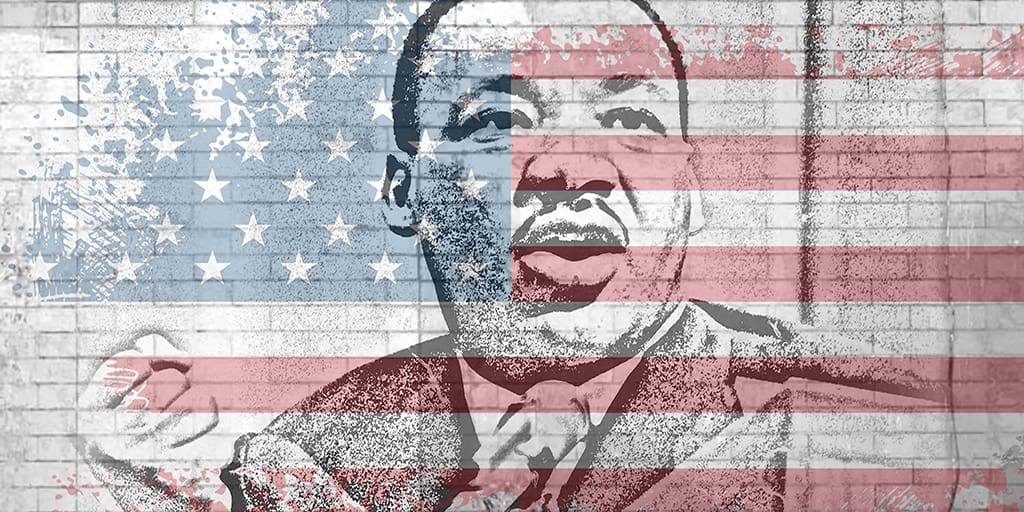
Table of Contents
Early Life and Education
Born on January 15, 1929, in Atlanta, Georgia, Martin Luther King Jr. grew up in a racially segregated society where discrimination and prejudice were entrenched. Despite these obstacles, he excelled academically, graduating from high school at the age of 15 and earning a bachelor’s degree in sociology from Morehouse College. Influenced by his father, a Baptist minister, and the teachings of Mahatma Gandhi, King developed a deep commitment to social justice and nonviolent resistance.
King’s pursuit of knowledge led him to Crozer Theological Seminary in Pennsylvania, where he earned a Bachelor of Divinity degree. He later pursued doctoral studies at Boston University, receiving his Ph.D. in systematic theology in 1955. His academic journey provided him with a strong intellectual foundation and imbued his activism with moral clarity and philosophical rigor.
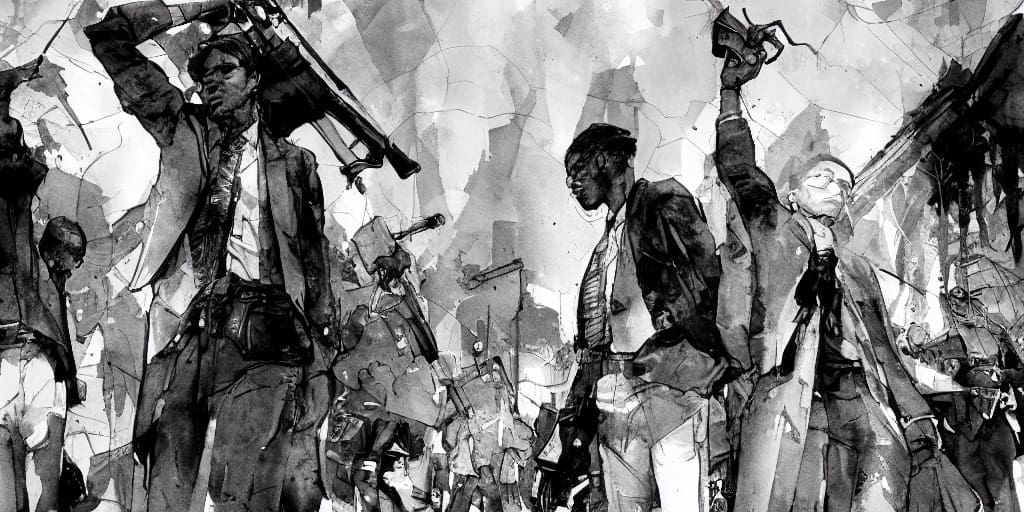
The Montgomery Bus Boycott
The Montgomery Bus Boycott stands as a watershed moment in the Civil Rights Movement, and Martin Luther King Jr. emerged as its guiding force. Sparked by the arrest of Rosa Parks for refusing to give up her seat to a white passenger, the boycott lasted for over a year, from December 1955 to December 1956. As the elected president of the Montgomery Improvement Association (MIA), King played a central role in organizing and sustaining the boycott. His impassioned speeches, strategic acumen, and commitment to nonviolent resistance galvanized the African American community, demonstrating the power of collective action in the face of injustice.
King’s leadership during the Montgomery Bus Boycott exemplified his adherence to the principles of nonviolent protest and civil disobedience. Despite facing intimidation, harassment, and even bombings targeting his home, King remained steadfast in his commitment to achieving justice through peaceful means. His philosophy of nonviolence, influenced by the teachings of Mahatma Gandhi, emphasized the moral imperative of love, forgiveness, and reconciliation, even in the midst of oppression and violence. Through his eloquent articulation of these principles, King inspired a generation of activists and laid the groundwork for the mass mobilization that would define the Civil Rights Movement.
The success of the Montgomery Bus Boycott not only led to the desegregation of public transportation in Montgomery but also catapulted Martin Luther King Jr. onto the national stage as a prominent leader of the Civil Rights Movement. His role in the boycott showcased his ability to mobilize grassroots support, navigate internal divisions within the African American community, and confront systemic injustice with courage and conviction.
The boycott’s legacy extended far beyond its immediate objectives, serving as a catalyst for subsequent campaigns and inspiring a wave of civil rights activism across the United States. King’s leadership during the boycott foreshadowed the transformative impact he would have on American society and his enduring legacy as a champion of equality and justice for all.
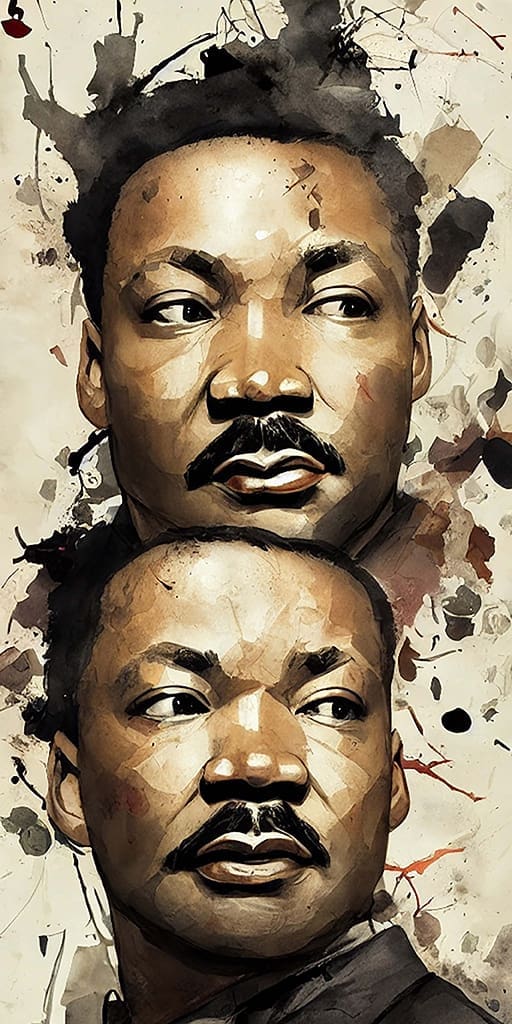
The Southern Christian Leadership Conference (SCLC)
In 1957, King co-founded the Southern Christian Leadership Conference (SCLC), a coalition of civil rights organizations dedicated to achieving racial equality through nonviolent means. As its president, King led campaigns against segregation and disenfranchisement, advocating for voting rights, desegregation, and economic justice. The SCLC’s philosophy of nonviolent resistance became a hallmark of the Civil Rights Movement, shaping tactics and strategies for social change.
The Birmingham Campaign and ‘Letter from Birmingham Jail’
One of the most significant moments in King’s activism came during the Birmingham Campaign of 1963, aimed at ending segregation in one of the most racially divided cities in the South. Facing violent opposition and arrests, King penned his famous “Letter from Birmingham Jail,” articulating the moral imperative of civil disobedience and the urgency of the struggle for justice. In this eloquent defence of nonviolent protest, King underscored the interconnectedness of all communities and the necessity of confronting injustice wherever it exists.
The March on Washington and “I Have a Dream”
The March on Washington for Jobs and Freedom, held on August 28, 1963, stands as one of the most iconic events of the Civil Rights Movement, and Martin Luther King Jr.’s “I Have a Dream” speech remains its defining moment. Organized by a coalition of civil rights, labour, and religious organizations, the march brought together over 250,000 people from across the country to demand an end to racial segregation and discrimination. As one of the principal organizers and speakers at the march, King captivated the nation with his impassioned call for racial harmony, equality, and justice.
In his “I Have a Dream” speech, delivered from the steps of the Lincoln Memorial, King eloquently articulated his vision of a future where individuals would be judged not by the colour of their skin but by the content of their character. Drawing on biblical imagery, historical references, and the aspirational ideals of the American Dream, King painted a vivid picture of a society free from racial oppression and inequality. His stirring rhetoric and unwavering optimism resonated with the crowd and reverberated across the nation, inspiring millions and galvanizing support for the civil rights cause.
The March on Washington and King’s “I Have a Dream” speech proved to be a turning point in the Civil Rights Movement, capturing the attention of policymakers, the media, and the public at large. The peaceful and disciplined nature of the march, coupled with King’s compelling oratory, helped to dispel misconceptions about the movement and garner widespread support for civil rights legislation. Within two years of the march, Congress passed the Civil Rights Act of 1964, which outlawed segregation in public spaces and banned discrimination based on race, colour, religion, sex, or national origin. King’s leadership during the march and his timeless message of hope and unity continue to inspire movements for social justice and equality around the world.
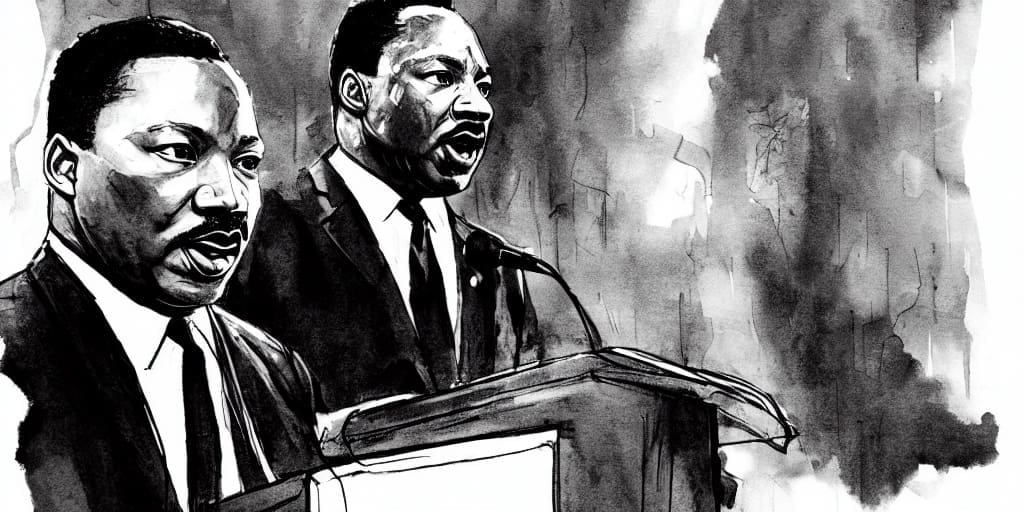
The Civil Rights Act of 1964 and the Voting Rights Act of 1965
King’s leadership and advocacy played a pivotal role in the passage of landmark civil rights legislation, including the Civil Rights Act of 1964 and the Voting Rights Act of 1965. These legislative achievements outlawed racial segregation in public spaces, prohibited discrimination in employment and education, and safeguarded voting rights for African Americans. King’s ability to mobilize public opinion and pressure lawmakers through nonviolent protest and grassroots organizing contributed significantly to these historic victories.
Assassination of Martin Luther King Jr
Martin Luther King Jr.’s assassination on April 4, 1968, at the Lorraine Motel in Memphis, Tennessee, sent shockwaves across the nation and marked a tragic and pivotal moment in American history. King was in Memphis to support striking sanitation workers, who were protesting poor working conditions and racial discrimination. Despite threats to his life, King remained steadfast in his commitment to nonviolent protest and social justice. His assassination, allegedly carried out by James Earl Ray, not only robbed the world of a visionary leader but also symbolized the enduring struggle against racism and inequality.
King’s death plunged the nation into mourning and sparked outrage and protests in cities across the United States. His assassination served as a stark reminder of the deep-seated racism and violence that persisted in American society. In the aftermath of King’s death, riots erupted in major cities, underscoring the simmering tensions and frustrations of African Americans who had long endured systemic oppression and injustice. The loss of King left a void in the Civil Rights Movement, but his legacy continued to inspire a new generation of activists committed to carrying forward his vision of equality and justice.
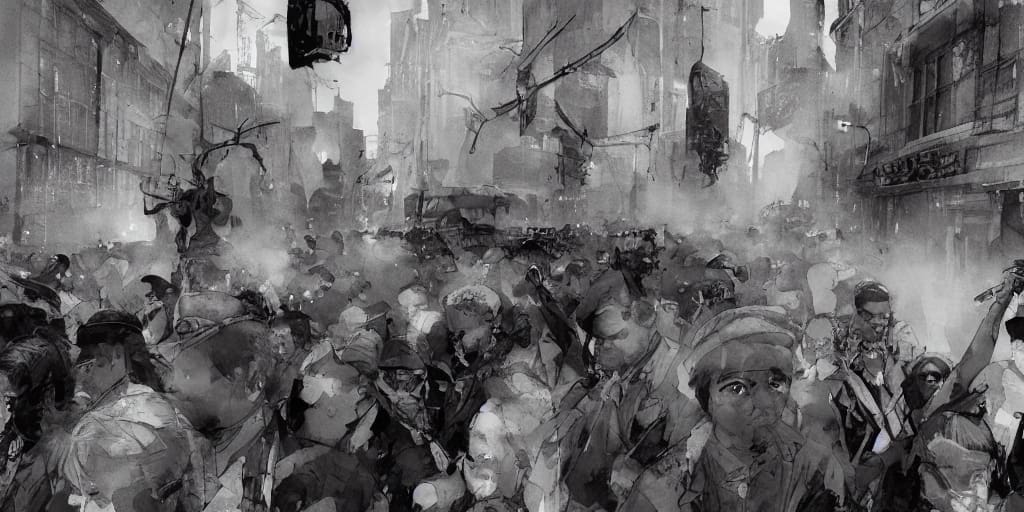
Legacy and Impact
Martin Luther King Jr.’s legacy extends far beyond his lifetime, continuing to inspire generations of activists and advocates for social justice. His moral clarity, commitment to nonviolence, and unwavering belief in the power of love and equality resonate across time and place. The Martin Luther King Jr. National Historic Site in Atlanta, Georgia, preserves his childhood home, church, and gravesite, serving as a pilgrimage site for those seeking to honour his memory and learn from his teachings.
King’s influence transcends national boundaries, inspiring movements for liberation and equality around the world. From South Africa to India, from Latin America to the Middle East, his message of hope and solidarity reverberates among those struggling against oppression and injustice. His philosophy of nonviolent resistance continues to inform struggles for human rights, environmental justice, and peace activism, embodying the transformative potential of collective action rooted in love and compassion.
Martin Luther King Jr. remains a towering figure in the annals of American history, a beacon of hope and justice whose legacy endures in the ongoing quest for equality and dignity for all. His life and work exemplify the power of moral courage, righteous indignation, and compassionate leadership in the face of adversity. As we reflect on his contributions and celebrate his achievements, let us reaffirm our commitment to the ideals of justice, equality, and solidarity that he championed, ensuring that his dream of a beloved community becomes a reality for future generations.




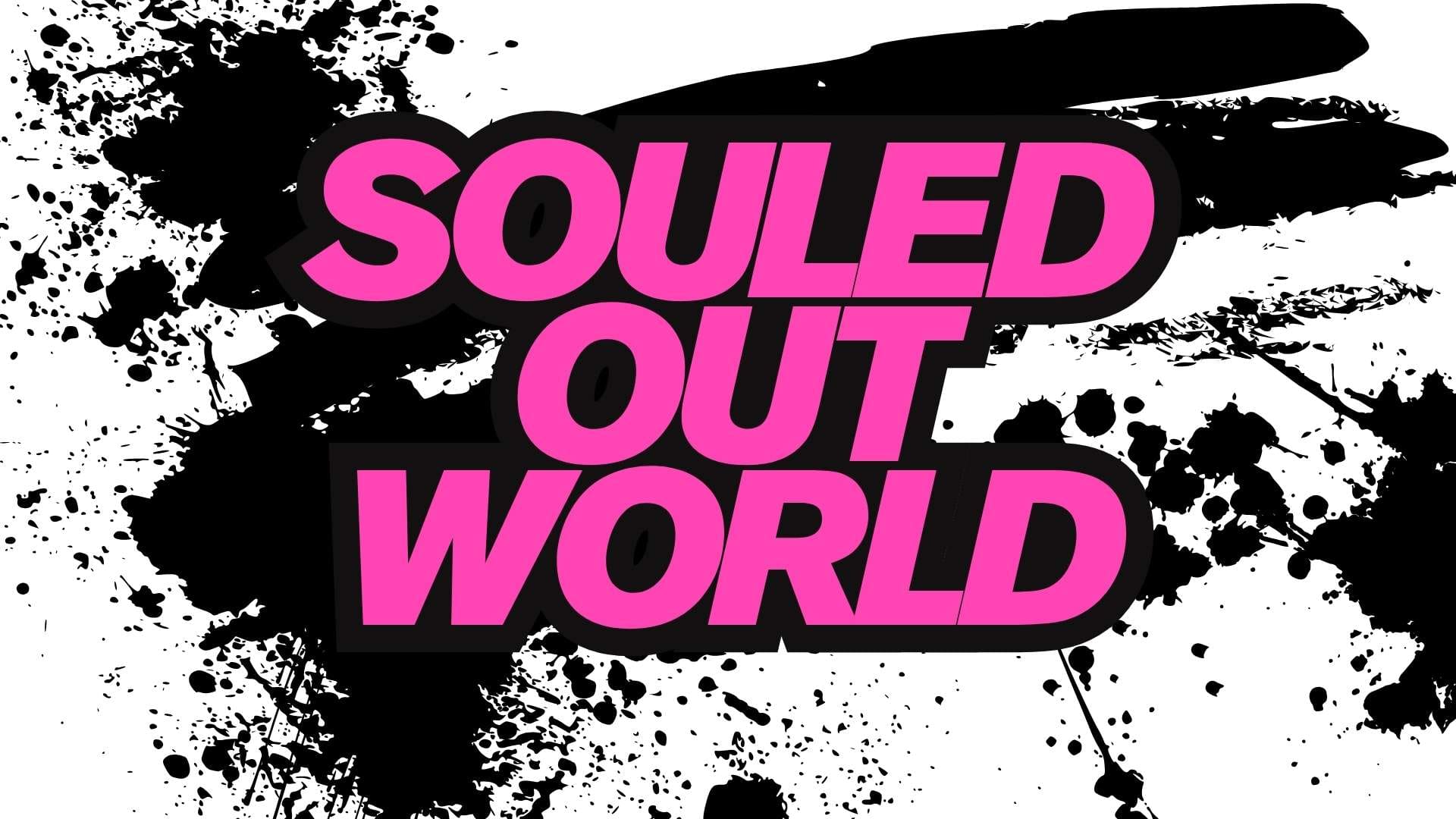




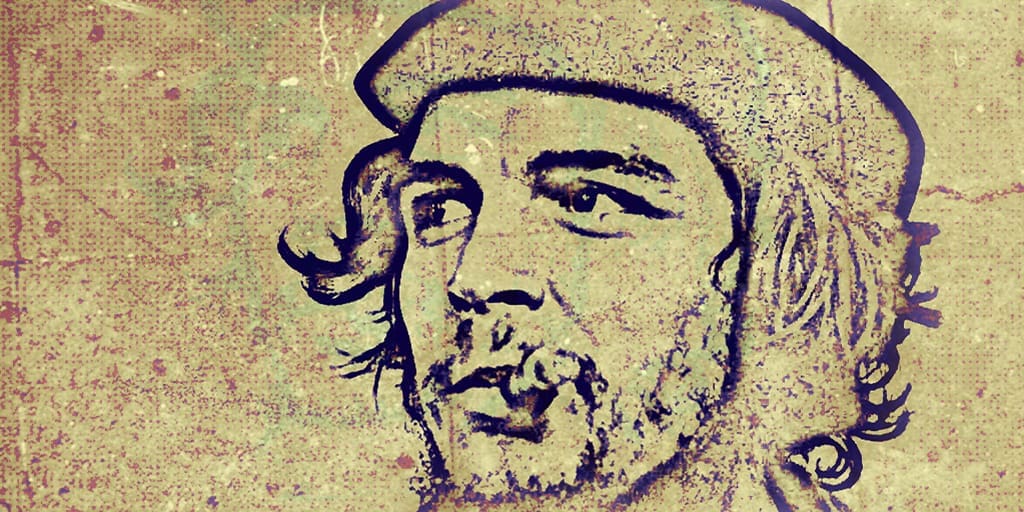

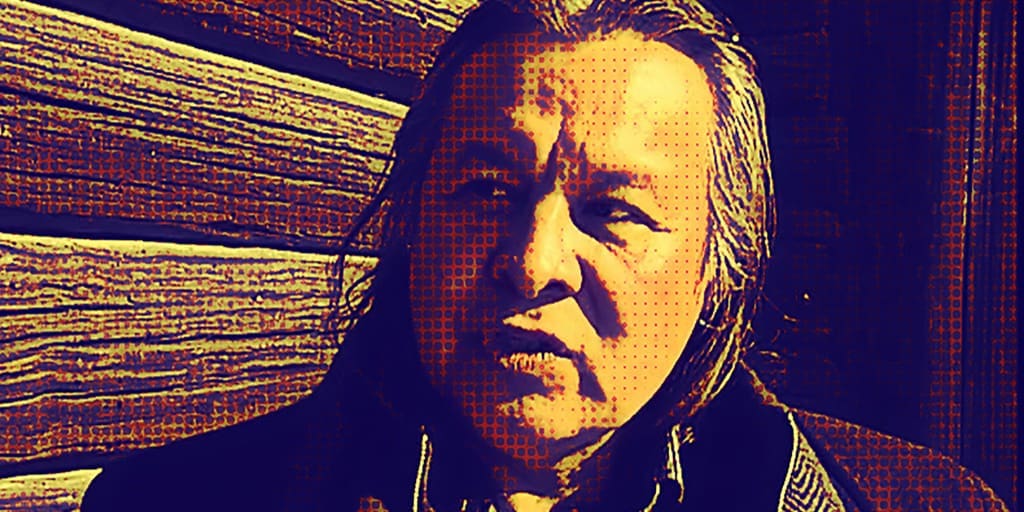



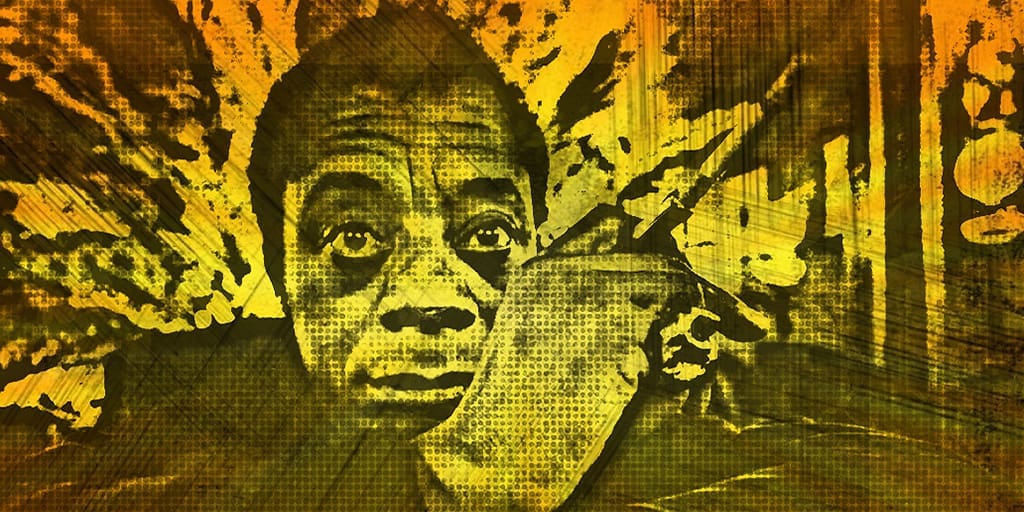

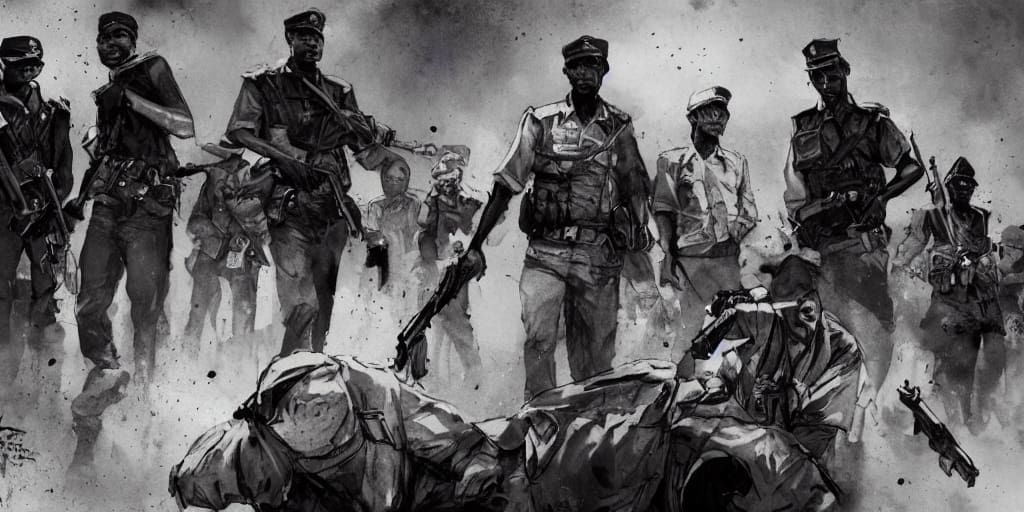



















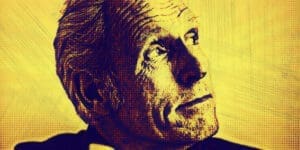


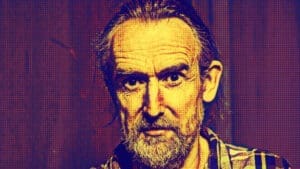
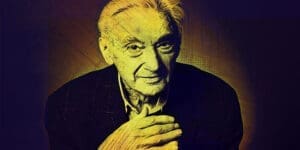


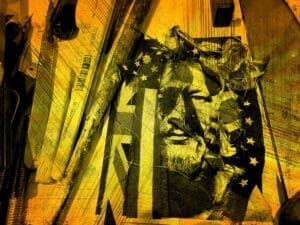




What do you think?